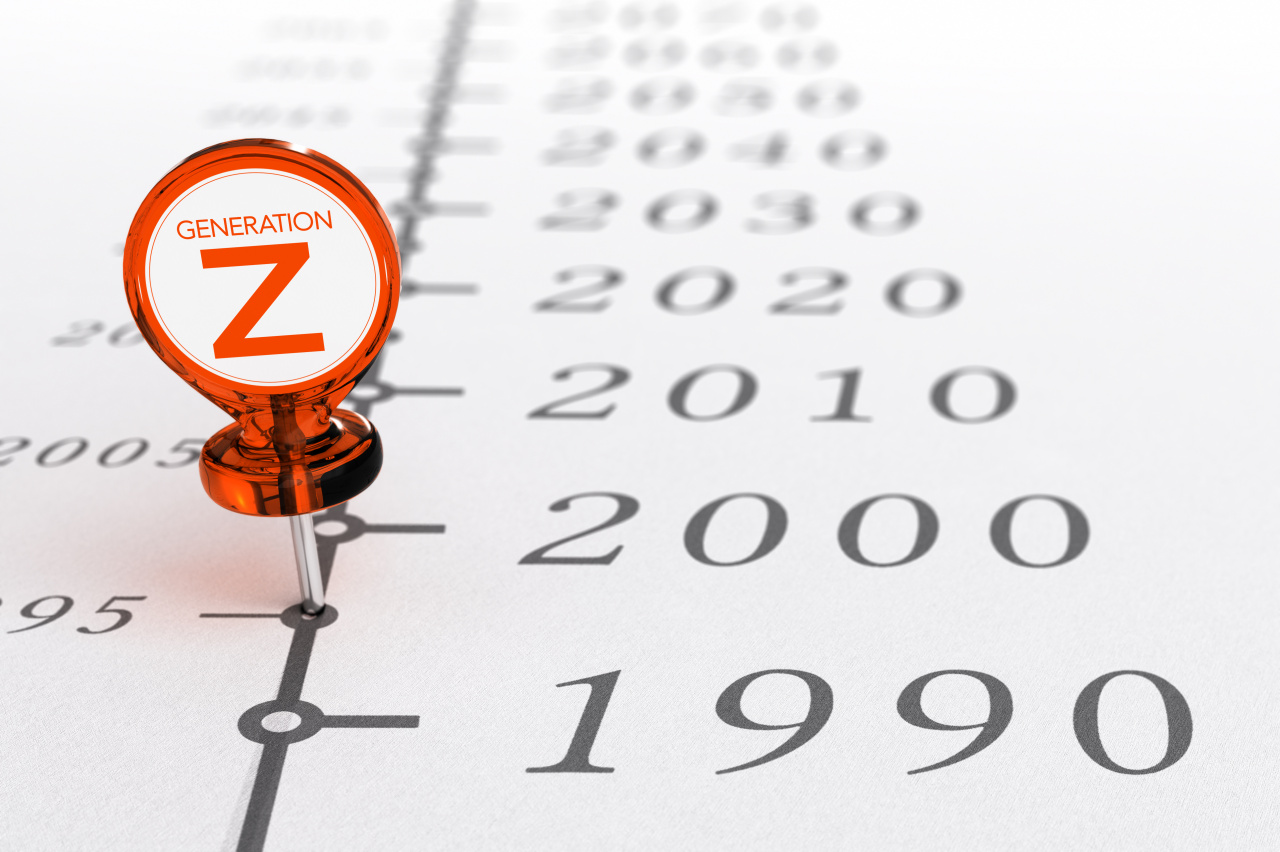[What the 2020s will hold for Korea] Generation Z comes to the fore
What’s in store for Korea when children of the third millennium become adults?
By Kim ArinPublished : Dec. 31, 2019 - 16:03
A new decade has dawned. Unprecedented challenges await Korea from an aging and shrinking population to accelerated warming of the peninsula.
The Korea Herald has prepared a four-part series looking into some of the changes and challenges facing the nation in the 2020s. -- Ed.

Come 2020 and those born in 2001 -- the first year of the third millennium -- will be children no more. They are the first batch of post-millennium babies to reach adulthood, the kids of the smartphone era.
As with the generations that came before, speculation abounds as to what kind of changes this generation of young people will bring to society.
“Kids born post-millennium are definitely different from the ’90s-born millennials,” said Shin Hae-young, a Korean language teacher of nine years at a private high school in Nowon, a northwestern district in Seoul.
Shin told The Korea Herald that from her observations, this year’s graduating class tended to show more interest in and awareness of social justice issues, ranging from feminism to climate activism.
They were also more proactive in voicing their rights, including their right to education at school, while also respecting those of others, she said.
“As adults, I think they will be less afraid to speak out when something is not right.”
A 2001-born Kim Ah-yeon, a graduating senior at an all-girls’ private school in western Seoul, told The Korea Herald her social media habit is how she keeps updated on latest news.
“I mostly get my news from Twitter or Facebook,” she said, which she said is where she looks up “what’s trending or if something big is happening at the moment.”
“Almost everyone I know in our class is on (social media). I think it’s where real-time news gets circulated most fast.”
She also said the 2014 Sewol ferry sinking was a big part of why she looked forward to being able to vote.
Over 300 passengers -- mostly teenage students on a school trip -- died in the nation’s worst peacetime maritime disaster, as they were told to stay inside and wait in the ship as it was sinking slowly.
Kim, who was in middle school at the time, said she remembered feeling “helpless” and “angered” by what to her seemed like lack of responsibility in leaders.
But the post-millennium generation -- namely the “Gen. Z” -- distinction is perhaps not keenly felt by all.
Lee Young-ho, another 2001-born, said he was “not sure if (his) generation differed that much” from the adults he knew.
“Except that we use Facebook messenger more than Kakao to text.”
Jung So-ra, who supervised a senior homeroom class at a public high school in Songpa, southern Seoul, said she did not feel that her students were “much different from kids from previous classes.”
“I have been teaching for about 10 years now, and I don’t know if there is one particular thing that struck me as uniquely characteristic of this class,” she said.
Sociologist Chun Sang-chin of Sogang University told The Korea Herald distinguishing one generation from another was a “divisive practice.”
“Whether it is praise or bashing, generalizing an entire age cohort promotes propagation of stereotypes,” he said, calling it “a lazy approach of analysis.”
He said the “highly sensationalized theories” about millennials and post-millennials were “a projection of the older generations onto younger ones.”
“We should be wary of these generational diagnoses, which often patronize the young people,” he said. “Because we all change as times change.”
By Kim Arin (arin@heraldcorp.com)


![[AtoZ into Korean mind] Humor in Korea: Navigating the line between what's funny and not](http://res.heraldm.com/phpwas/restmb_idxmake.php?idx=644&simg=/content/image/2024/04/22/20240422050642_0.jpg&u=)
![[Exclusive] Korean military set to ban iPhones over 'security' concerns](http://res.heraldm.com/phpwas/restmb_idxmake.php?idx=644&simg=/content/image/2024/04/23/20240423050599_0.jpg&u=20240423183955)


![[Graphic News] 77% of young Koreans still financially dependent](http://res.heraldm.com/phpwas/restmb_idxmake.php?idx=644&simg=/content/image/2024/04/22/20240422050762_0.gif&u=)

![[Herald Interview] Why Toss invited hackers to penetrate its system](http://res.heraldm.com/phpwas/restmb_idxmake.php?idx=644&simg=/content/image/2024/04/22/20240422050569_0.jpg&u=20240422150649)






![[Exclusive] Korean military to ban iPhones over security issues](http://res.heraldm.com/phpwas/restmb_idxmake.php?idx=652&simg=/content/image/2024/04/23/20240423050599_0.jpg&u=20240423183955)



![[Today’s K-pop] Ateez confirms US tour details](http://res.heraldm.com/phpwas/restmb_idxmake.php?idx=642&simg=/content/image/2024/04/23/20240423050700_0.jpg&u=)